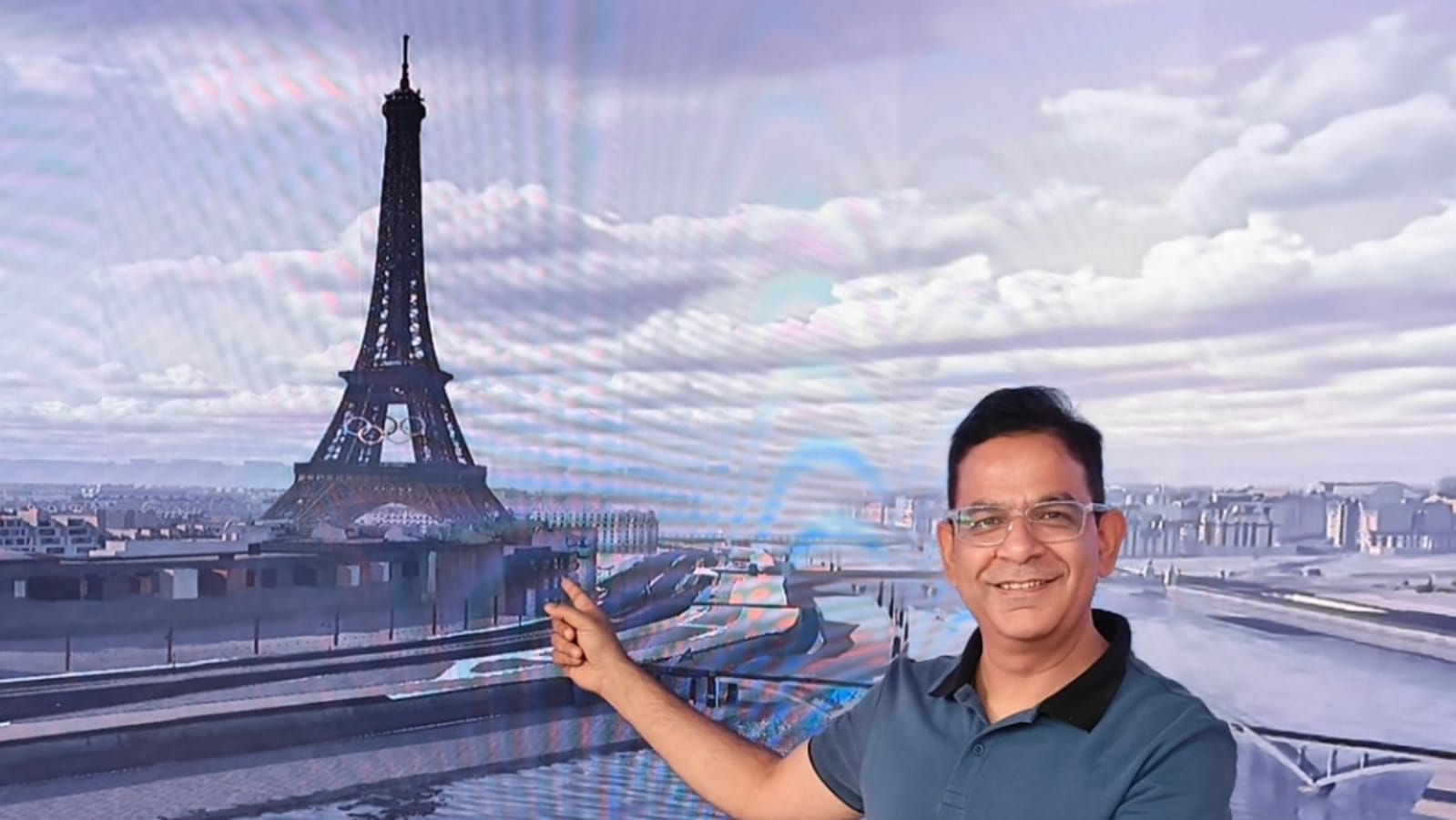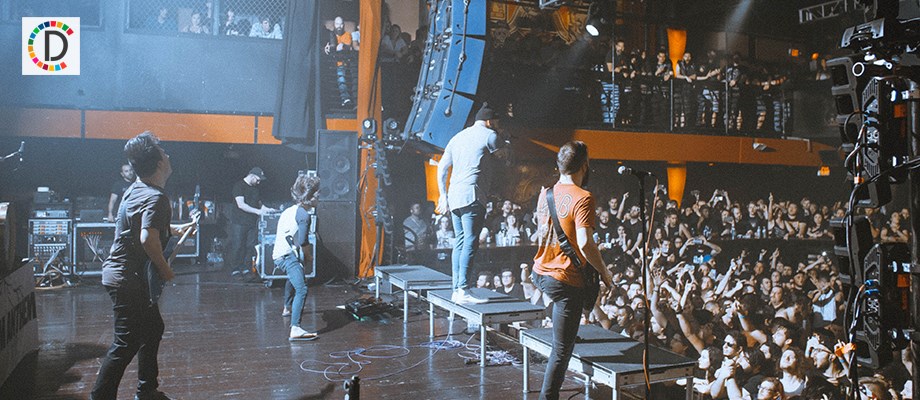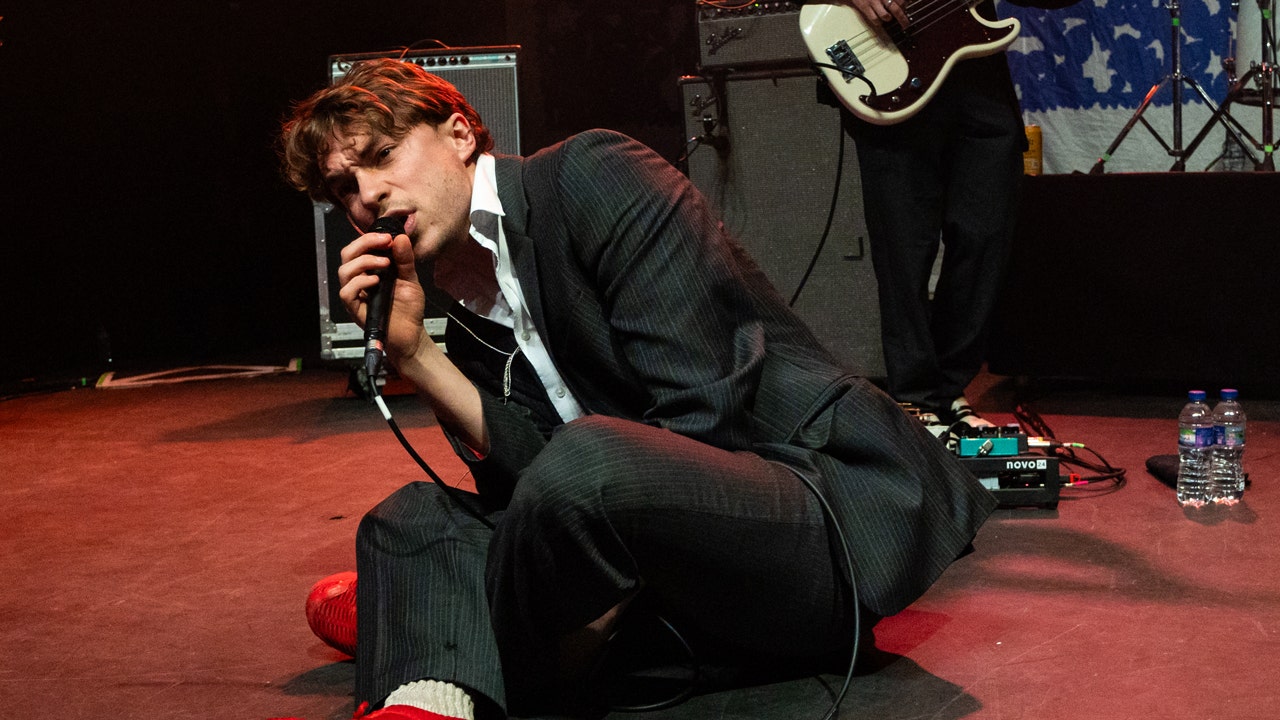Commentator Sunil Taneja on going viral after India’s victory over Great Britain at the Paris Olympics: It feels surreal

- by Admin
- August 6, 2024

“Bharat semifinal ja raha hai,” these words by Hindi commentator Sunil Taneja reverberated across every Indian living room on Sunday after the pulsating encounter between India and Great Britain in the knockout round, which saw the men’s hockey team reach the semifinals at the ongoing Paris Olympics.
“I didn’t even know I had said those words until I saw the post-match telecast, where the broadcasters played the clip of the final moments and I realised I had said them,” Taneja beams as he talks to us over the phone.
“It all feels extremely surreal. As a commentator, you sometimes plan for things; for example, when you see a milestone approaching, you know what to say, and you plan to say those things in a certain way,” adds Taneja, who became an internet sensation during the Tokyo Olympics 2020 when India won the bronze medal in men’s hockey.
“But this moment, for instance, no one knew what was going to happen. India was one man down, and Team GB was putting on incredible pressure. So nothing I said was planned. It all came straight from the heart,” he says.
Trained as an Ayurvedic doctor, Taneja has been doing commentary in Hindi for almost two decades across various disciplines, including cricket, but hockey, as Taneja himself says, remains “his first love”.
“I started commentary with hockey back in 2006 when the Premier Hockey League (PHL) was introduced. Thereafter, I went on to do commentary for the 2006 FIFA World Cup, but it was hockey that gave me the start. Also, my upbringing has been in Punjab, and I have grown up listening to the stories of legendary hockey players. So, I have always had a strong motivation and passion for hockey,” he says.
Regardless of the memes and accolades he has received for his commentary during hockey matches, Taneja insists that the moment belongs to the players, and he is grateful to be a part of it.
“Be it Tokyo 2020 or this, I am just grateful that I was present when these moments took place. Honestly speaking, any other commentator would have done something similar had they been doing the commentary in my place. These moments are created by the players and belong to them. That’s why one watches sports in the first place — for the players, not for the commentators,” he concludes.
The Latest News
-
December 21, 2024Inside Britain’s saddest shopping centre: Town centre mall empty just DAYS before Christmas as depressed locals say ‘it’s a disgrace’
-
December 21, 2024High street giants plot new warning to Treasury over retail jobs
-
December 21, 2024Travel news live: Traffic chaos to hit Christmas getaway as weather warnings issued
-
December 21, 2024Daily horoscope: December 21, 2024 astrological predictions for your star sign
-
December 20, 2024Telemark Sprint World Cup: Jasmin Taylor wins gold for Great Britain




